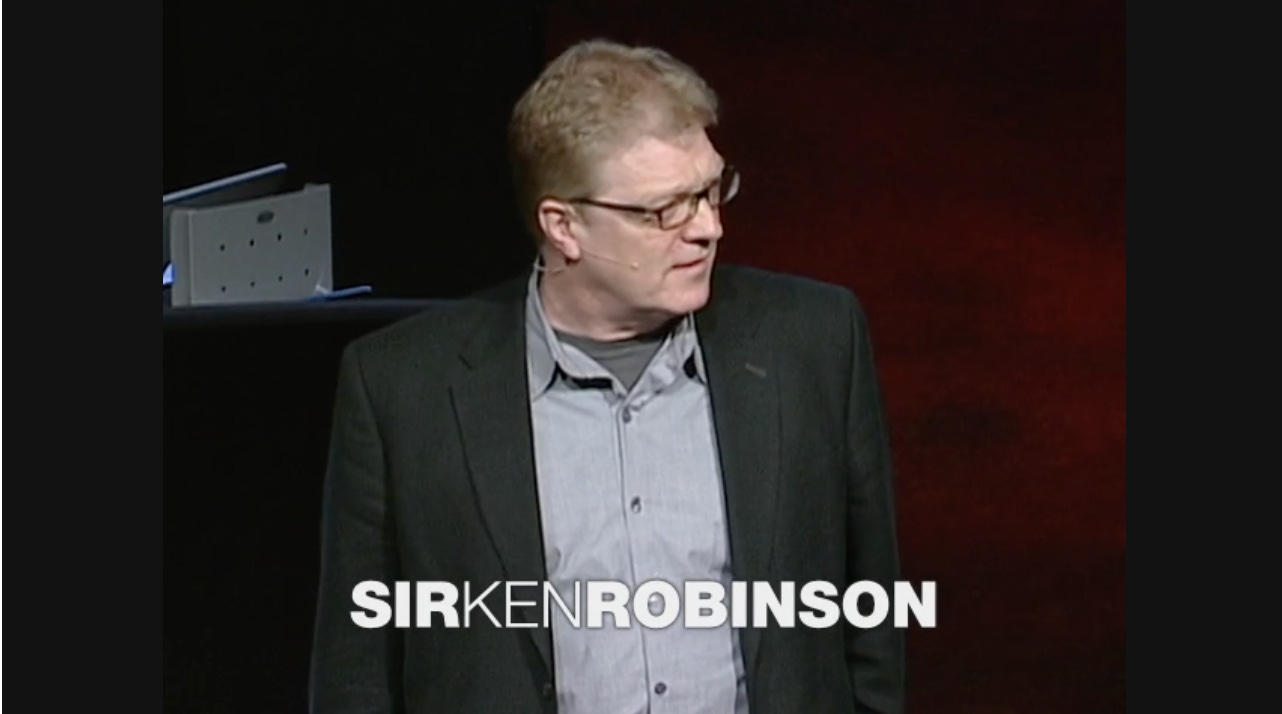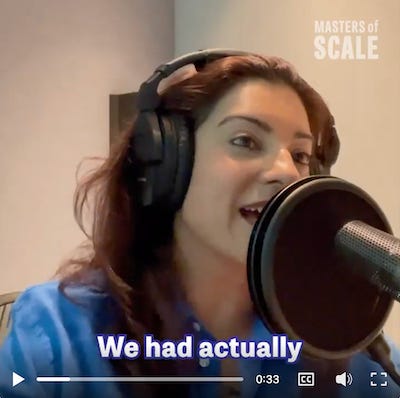When I was writing my prior post on Creativity, the notion of fear of failure came up. I put a pin in it. When I came to write my next post, I scanned my content plot of bits and pieces - and skimmed right over failure again.
I landed on Redefining Success. Doesn’t that feel so much better? Let’s focus on how we win (she says as she chuckles to herself).
So here’s where my enneagram one self comes at me: piecing together the notes on success was strumming my wrong guitar. “You can’t write about success without first writing about failing along the way. It’s out of order.” I’m not sure where this particular voice is coming from, but she wasn’t budging, so here we are: FAILURE, y’all.
I started with my comfort area: research. And came away with two things: failure physiologically hurts and our social systems are designed to reinforce avoiding it.
Brain Hurt
I’ll leave a Nerd Out section at the bottom with a variety of articles, but in short, we are humming along and when we mess up, the chemical cocktail released by our brain feels like the same loss of safety and acceptance as a real physical threat.
“Only if signals are sent that something isn’t going right will the nervous system adapt. If not, it will stay as it is, rolling along in its comfort zone, as adaptations are energetically expensive… Our negative response to making errors automatically triggers the release of epinephrine and acetylcholine.” - Growth Mindset: The Science of Failure and Neuroplasticity
Which is a hyper alert state, and while in that state we focus on the error and replay, again and again. Which unfortunately is baking in the wrong kind of neural habit.
“We’re so anxious not to “draw a line under a decision we regret” that we end up causing still more damage while trying to erase it.”
“Basically, dwelling on outcomes can make the neuropathways stronger, so a more helpful activity is to rewire your brain to get used to the feeling of succeeding, rather than the expectation of failure.” - What Happens When You Fail
If we could reset our expectations that facing challenges mean progress (and I think that looks like literally telling ourselves those words and NOT hyperfixating on what went wrong), we can better use that hyper-alert state to improve. Easier said than done, but let’s say we buy in.

Making smaller wins along the way and getting those dopamine hits instead. Roger.
Failing in Society
I’m hardly the first person to wrestle with failure; I thought to myself, why is it so universal?
And I remembered an older TEDTalk below from Sir Ken Robinson that I found during my creativity hunt.
“[The education system is] where mistakes are the worst thing you can make. And the result is we are educating people out of their creative capabilities.”
The very first community we are in (for many of us) is the institution built on right vs. wrong. Constantly having the idea reinforced of one right answer. Being measured and ranked by your ability to know/memorize/conjure that one right answer. Having your future potential marked by this. That’s kinda heavy. No wonder we are scared to err.
I remember feeling early in my career that I just wished I knew The Right Way to do something and I would gladly do it. That all the other more experienced people did know already and I just needed the answer. And what I imagine all of us learned through experience is that it’s more about having a good idea, having a good reason for it and having the conviction to see it through.
One more gem from Sir Ken’s TEDTalk:
“What we do know is if you’re not prepared to be wrong, you’ll never come up with anything original.”
Anything original. Something you create from scratch. Probably after lots of moments of not getting it right. (Practice, which we need, as we learned from Outliers in Wrestling with Creativity.)
It made me think of a recent story from Reshma Saujani shared on Masters of Scale about her perspective on failure (spoiler: she loves it)
“When people or companies fail at a product, they just throw it aside. We literally throw a party for it. We had just tested at Girls Who Code a fee-for-service model…And we realized that we had put in the market so many free products that nobody wanted to pay for it. We, as a team, had publicly celebrated it, learned from it. We did, like a session on what we would do and do differently. So now the pandemic comes and we have to decide, do we switch to virtual? Do we wait it out? And we had this two-week product that didn’t, you know, thrive, but worked. That’s why we were able to keep scaling and growing during the pandemic.”
Celebrate failure.
Skip replaying the wrong and start ideating on new solutions instead.
Acknowledge that the experience of the mess up prepared you for what’s next.
So less about failing as a sign of defeat and more about experimenting with solutions until you find a good next small step.
As a planner through and through, that’s hard for me to want (only one good step at a time). But I see how that crafts the path to success.
I think redefining success will still be my next post, because maybe what we think we should want…isn’t.
Nerd Out




